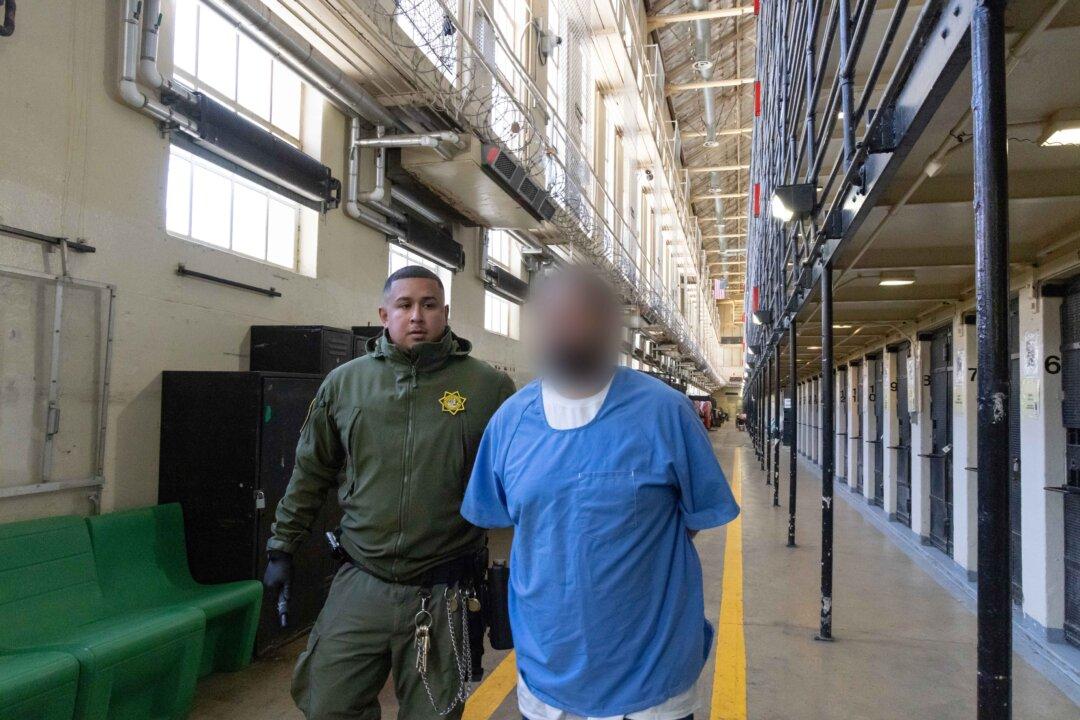California Gov. Gavin Newsom announced pardons and sentence commutations for dozens of individuals late in the day March 29, on a Friday before Easter weekend.
Mr. Newsom approved 37 pardons and 18 commutations—14 of the latter inmates were previously convicted of murder and sentenced to life without the possibility of parole. The other four were given life sentences in prior decades for attempted murder.





